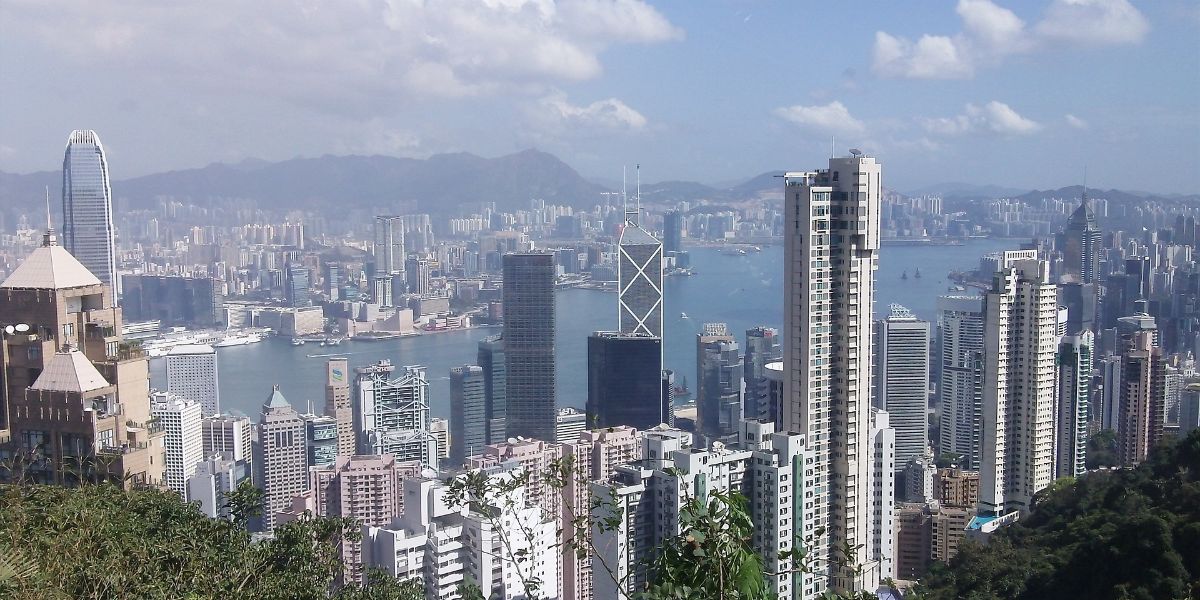On 29 November 2017 the International Monetary Fund (IMF) published a report on its website following consultations with the Hong Kong Special Administrative Region (SAR) of China under Article IV of the IMF’s articles of agreement.
The Hong Kong SAR economy has been growing faster from the second half of 2016 and the recovery is expected to continue. Annual growth is estimated at 3.5% in 2017 and around 2.67% in 2018. In the medium term growth is expected to reach around 3%. This will be helped by stronger global growth and fast implementation of reforms in mainland China, in addition to benefits from the development of the Guangdong-Hong Kong SAR-Macao SAR Bay Area and from China’s Belt and Road Initiative.
Downside risks could come from a correction in property prices as they are currently overvalued; any tightening of global financial conditions; any problems with the adjustment in mainland China; or a global retreat from cross-border integration towards protectionism.
As the recovery is expected to continue in the near term there is little need for more fiscal stimulus for 2018/19 and beyond, so the report considers that several temporary tax relief measures could be phased out. In the longer term the authorities should look at possible adjustments to the fiscal framework to deal with medium to long term challenges such as an aging population with higher pension, healthcare and social spending. The report considers that plans should be made for revenue mobilization in a way that ensures that Hong Kong SAR remains competitive.
The longer term structural deficits should be analyzed at an early stage and revenue raising options should be considered. Benchmarking relative to other global financial centres the report suggests that revenue raising options would include the introduction or increase of indirect taxes, such as a value added tax or excise taxes. Another option would be to modestly increase the top marginal income tax rates. The report notes that Hong Kong has set up a new tax policy unit to review a possible broadening of the tax base and that this unit could study the efficiency and growth impacts of the possible revenue raising options.
Another major challenge to Hong Kong SAR is to safely deflate the housing boom. This is can be done by sustained increases in housing supply and regulations for banks to strengthen the mortgage loan origination standards. Measures are also required to prevent property developers, using bank financing, from continuing to increase their lending to households.
The report notes that stamp duties have helped to contain house prices by reducing excessive demand. The Buyer’s Stamp Duty and the Double Ad-Valorem Stamp Duty help to limit house price overvaluation but they discriminate between residents and non-residents. Although these stamp duties are appropriate in the current situation the report suggests that once the systemic risks from the housing market are under control both stamp duties should be phased out and replaced with non-discriminatory measures. The report suggests that mortgage interest deductibility could also be phased out as it encourages higher leverage and boosts demand for housing.













